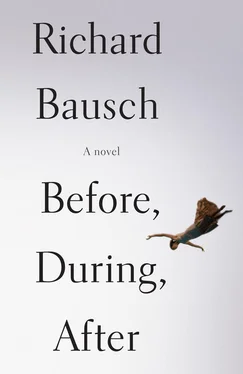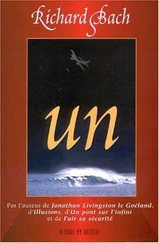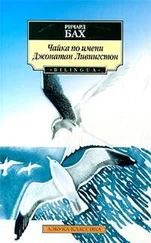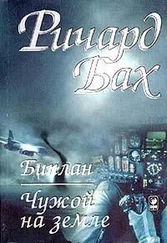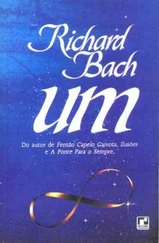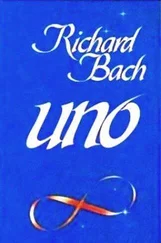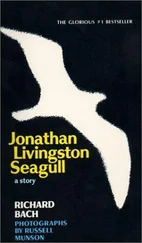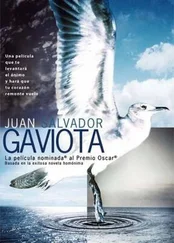The two were scarcely speaking.
Natasha thought about being with Constance in the middle of this complication.
Out the window to her left, beyond the line of planes at their gates, she saw the Washington Monument, small in the distance, with two stripes of shadow on it, the shadows moving up and dissolving in sunlight. She reflected that she would not miss this city as much as she had thought she might when she first started thinking of leaving it. Well, she was about to enter a whole new life, a different way of being in the world. The wife of an ex-priest. She sighed, thinking of it. “Help,” she said, low, under her breath. It was as close as she ever got to prayer. She started to order another coffee but then thought better of it and asked for hot water instead. She sipped that, warming herself from the inside. And she called Marsha Trunan. There was only Marsha’s voice: “You know what to do after the beep.”
“I’m at the airport. Getting ready to fly down and see Constance. Be back in Memphis in a couple of weeks. I’ll call you from there. I’m sorry I’ve been so stupid about spending time. I’ll do better.” She broke the connection and felt suddenly so sad that she had to fight back tears. She went to the bar and ordered a whiskey and tossed it back, standing there.
The bartender was a tall round-faced man with arching bushy eyebrows and dark red lips. He stared.
“Flight nerves,” she told him, picking up her bag.
The plane was boarding.
In Jamaica — happily absorbed by the fresh charms of the place, the lovely aqua-colored waters of the Caribbean out her window, and the soft tropical evenings spent in surprisingly relaxed chatter, drinking cool rum cocktails and eating wonderful spicy meals of jerk chicken and ackee with salt fish — she realized again how pervasive her unhappiness had been, and she remembered reading somewhere that the most terrifying thing about despair was that it was unaware of itself as being despair.
The resort was near Kingston, a complex of bungalows ranged around a single hotel-sized building that stood like a sandy-colored fortress above the beach. It was all owned by an elderly German woman named Maria Ratzibungen and her two sons, each from a different father — the older from an industrialist named Dieter Ratzibungen, and the younger from a lover of Maria’s as her marriage was ending. This man had tried suicide when he couldn’t have her and had ended by deranging himself with years of drinking, living on the island within sight of her and his growing son. He was still a figure in their lives, surfacing now and then, looking like someone who had come to the island from a shipwreck. His name was Lawton. Constance had pressed Mrs. Ratzibungen to tell the story on the night she and Natasha arrived. Mrs. Ratzibungen and Constance were friends from Constance’s earlier visits. Neither of the German woman’s sons seemed to have any other family. They were both in their forties and looked like twins, though they were separated by four years. Their mother’s speech was pleasantly accented, but they spoke impeccable English, having been raised among relatives of their grandparents in London — German Jews on their mother’s side who’d had cousins in Manchester and had fled to England in 1934. The older one was forty-eight and went by the nickname Ratzi. Neither Constance nor Natasha saw Ratzi’s brother after their first day on the island.
All Mrs. Ratzibungen’s employees — cooks, waitstaff, those who kept the rooms — were Jamaican, and they dressed according to the traditions of life in the tropics: colorful skirts, blouses, and headscarves made from calico for the women; light shirts full of designs with flowers, loud colors in patterns, or depictions of sailboats, rising fish in the surf, or palm trees in the sun for the men. The men all wore shorts, even in the evenings. Mrs. Ratzibungen’s sons had taken to the island way of dressing.
Natasha got a tan and spent hours swimming. She called Faulk on the third day, and he told her that his father had decided not to attend the Ruhm wedding after all, because a mild case of gout had made it painful to walk. “So it’s only going to be me there, and it’s just as well, I guess. But, you know, I’m actually going to miss the old apostate.”
“We’ll go see him. As soon as we’re settled. Let’s.”
“You sound very happy.”
“It’s beautiful here. I wish you could see it.”
“Maybe I’ll take you back there one birthday.”
“I mean it, you really will love it.”
“And we will go visit the old man in Little Rock. Though he’ll be insufferable about my leaving the clergy, you can bet on that. Vindication. He’ll use the word.”
“I’ll listen for it.”
He laughed. “Think of it. We’ll go visit people, a married couple going around and shining for everybody.”
“And we’ll spend weekends in Jamaica,” she said.
“We’ll be island people half the year.”
“We’ll smell like coconut oil all the time.”
“You’re wonderful,” he said.
They began a pattern where they talked every other morning. He would call her, and the sound of his voice on the other end of the line was a warm reminder of the new life.
Her twelfth day there, she arose and looked out her window at the sea. The morning was gorgeous, white sand and emerald ocean stretching on into dark blue distance, the wide sky without a cloud, showing all the shades of the one color.
1
Faulk woke before light on that morning with a headache from too much wine. The airlessness of the room wasn’t helping. With a familiar sense of taking his punishment, he got up and swallowed some aspirin and a lot of water, then took a cool shower, and, without feeling any relief, lay back down to try reading for a spell. The wedding wouldn’t take place until noon, more than seven hours away, at Trinity Church, but he would not go down to the towers for breakfast. In the first place, he lacked the appetite, and finally he was too hungover to do much of anything but lie there and suffer it. The Marriott Downtown, three blocks from the church, was where the rehearsal dinner had been and where the groom’s whole family was staying. Faulk had booked himself a room uptown, and before the rehearsal evening was over, he was glad of this.
He had been unready for the well-meaning but essentially prying talk arising from the fact that he was not conducting the wedding ceremony. It placed him at a slight remove from everyone, as if they were all wondering about him.
Theo Ruhm and Faulk’s father had gone to college together; they had been friends for fifty years. Theo considered Faulk another son, and, when they were all boys, his four sons were like brothers. The groom, Charlie, was the youngest and the last to be married. Faulk had performed the ceremony for the three older ones, each in turn.
Everybody was solicitous of him — a couple of people called him Father Faulk and then blanched from embarrassment — and they all wanted to know how he was doing. He could not help hearing a note of concern in their voices, doubtless stemming from the belief that leaving the clergy involved something more complicated for him than the wish for a change. In any case, it seemed unpleasantly clear to him that to these kindly people the very idea was in need of some kind of explication: a man in his late forties leaving a twenty-year vocation for any reason, even if it was only to “seek happiness elsewhere.”
Theo Ruhm was particularly interested and wanted details and wasn’t shy about asking. He cornered Faulk at the entrance to the large ballroom where the rehearsal dinner was to be held, handed him a glass of wine, and said, “So tell me.”
Читать дальше
